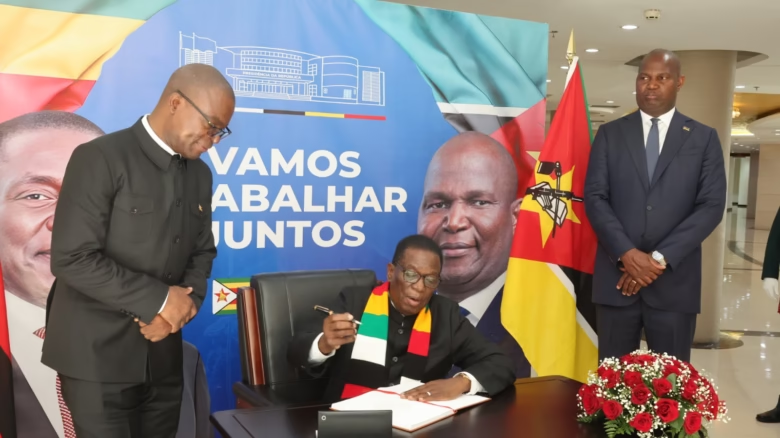
The 45th U.S. President, Donald Trump, has made a dramatic comeback, winning the presidential election and defeating mainstream media favorite Kamala Harris to become the 47th president. Facing a challenging race where major U.S. and European media outlets, including CNN, New York Times, Google, and BBC, predominantly supported Harris, Trump found his primary avenue for communication on X (formerly Twitter), owned by Elon Musk.
This victory reflects the shifting dynamics in political communication, with social media, particularly X, standing as a counter to traditional narratives. Despite intense media backing for Harris, X emerged as a credible alternative, providing Trump with a platform to counter what he described as “fake news” and enabling his voice to reach American voters directly. Musk’s involvement gave Trump’s messages wider reach, rallying supporters and bypassing the media’s perceived biases.
The outcome also highlights the transformative role of social media in modern politics, a tactic President Emmerson Mnangagwa embraced when he came to power in 2017. Recognizing its potential, he encouraged ZANU PF youths, popularly known as Varakashi, to counter Western narratives on these platforms. As Zimbabwe’s 2028 Harmonized General Elections approach, ZANU PF is urged to harness social media further, leveraging it to shape public discourse and engage voters effectively as traditional media influence wanes.
Social media has thus proven to be a powerful equalizer in politics, empowering diverse perspectives and allowing candidates like Trump to challenge established media narratives. As citizen journalism flourishes, traditional media’s grip appears increasingly fragile, signalling a new era of direct, unfiltered political engagement.




